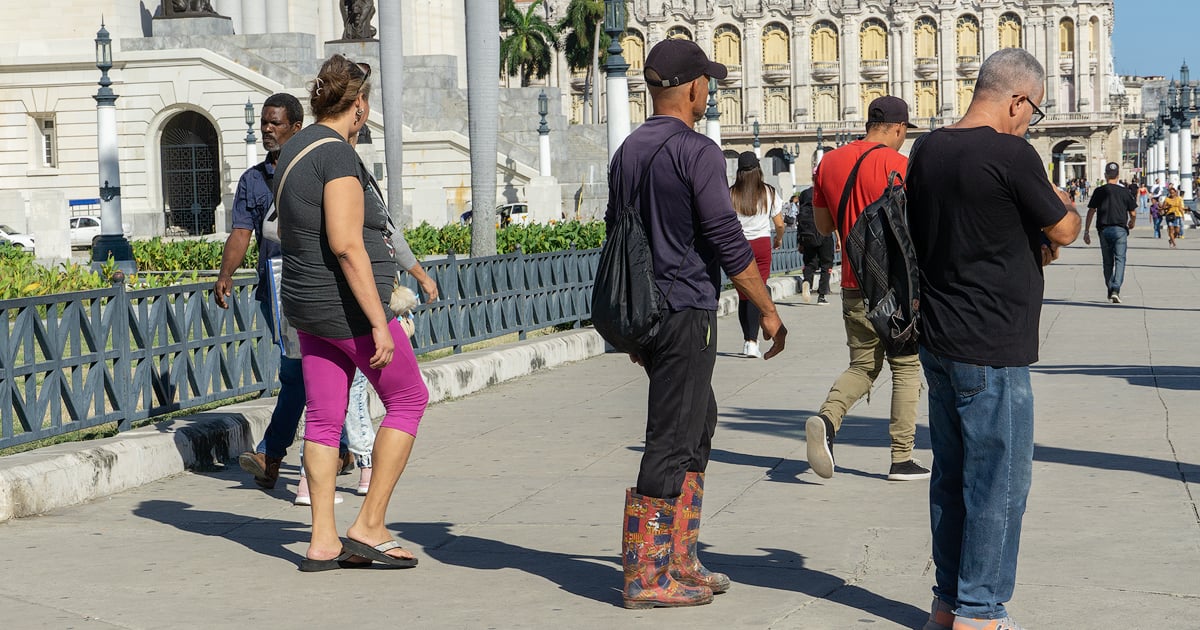On May 1st, independent organizations exposed the ongoing labor suppression in Cuba, particularly targeting professionals in the cultural and educational sectors. This occurs in an environment where the only permitted union, the Central de Trabajadores de Cuba (CTC), operates under state control.
The Cultural Rights Observatory (ODC) warned that the right to work and labor guarantees are being compromised through "paralegal subterfuges," with the CTC allegedly acting as a "collaborator of political power" rather than truly representing workers. According to the ODC, many cultural sector professionals have been dismissed without union protection, with several cases reaching courts only to find no effective legal support.
On this International Workers' Day, some workers woke up under police surveillance, including anthropologist Jenny Pantoja Torres. Others have been driven into exile after being removed from institutions like the Casas de Cultura or the Cuban Institute of Cinematographic Art and Industry (ICAIC).
Academic Freedom Under Threat
The Observatory of Academic Freedom (OLA) reported over 200 documented cases of employment dismissals within the educational sector. The organization highlighted that since the early days of Fidel Castro's regime, educational unions have been reduced to a single, state-controlled structure, stripping away any organizational autonomy.
Teachers, researchers, and teaching assistants have faced marginalization for political reasons or for attempting to unionize, confronting poverty, exile, and repression. Additionally, the OLA criticized the lack of a decent retirement system for teachers and the criminalization of those seeking livelihoods outside the state system.
Call for Independent Association
Both organizations demanded the right to independent association and urged official unions to adopt an ethical stance in defending workers. They reminded the public that in Cuba, there is no right to strike and any efforts to form autonomous organizations are suppressed.
This Thursday, Havana witnessed thousands of people being mobilized to the Plaza de la Revolución to participate in the traditional International Workers' Day march. Amid a severe energy crisis, the government unexpectedly gathered fuel to transport over 600,000 people in the capital and about 5.3 million workers across Cuba.
While leaders celebrated from the platform, millions of Cubans dealt with blackouts, hunger, and shortages. The Plaza de la Revolución filled up more from obligation and workplace pressure than genuine support, contrary to the image the regime attempts to project.
Understanding Labor Challenges in Cuba
What is the role of the Central de Trabajadores de Cuba (CTC)?
The CTC is the only state-sanctioned union in Cuba and is criticized for operating under government control, failing to genuinely represent or protect the interests of workers.
How are educational professionals affected by labor suppression in Cuba?
Educational professionals face dismissals, marginalization for political reasons, and lack of organizational autonomy. There is also no adequate retirement system, and those seeking opportunities outside state control are often criminalized.
Why were thousands mobilized to the Plaza de la Revolución on International Workers' Day?
Despite a severe energy crisis, the Cuban government gathered resources to transport millions to the Plaza for Workers' Day celebrations, demonstrating state power and control, rather than genuine worker support.
